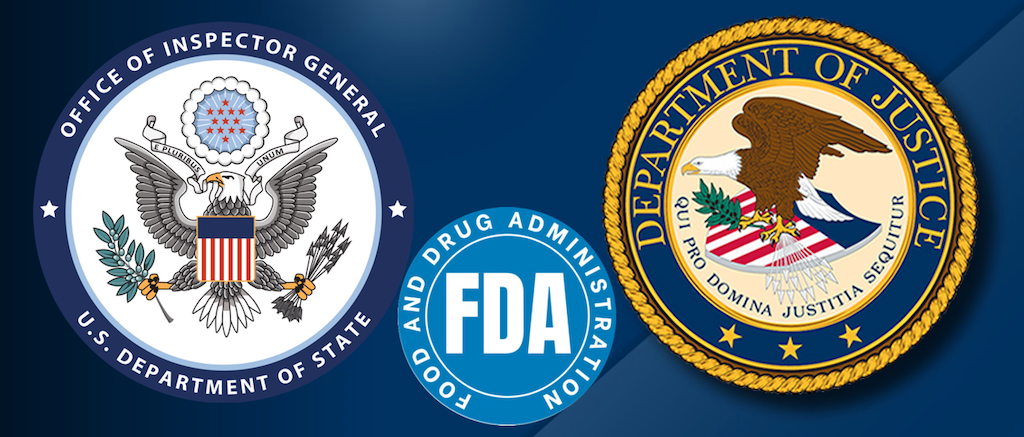STATISTICS SUGGEST THAT ENFORCEMENT WILL BE A TOP GOVERNMENT PRIORITY IN 2023
OIG, FDA and DOJ will return to active healthcare enforcement for violations
The Department of Justice (DOJ) statistics suggest that enforcement will be a top government priority in 2023, including pharma/life sciences, according to Howard Dorfman, a CCC advisory board member and expert in FDA regulatory law, fraud and abuse, compliance programs, and risk management procedures.
While there was a downturn in prior years, that is expected to change.
Howard provided an update on government enforcement activities in healthcare for 2022 and the expectations for enforcement in 2023 based on law firm reports and meetings he has been attending.
He explained that the downturn in enforcement can be linked to the development of a response to Covid 19, which diverted government resources across the board. Now that this issue has been generally resolved and given the state of the economy, Howard underscores that the FDA, DOJ and OIG will return to active healthcare enforcement for violations of the FDCA, False Claims Act and the Anti Kickback Statute in 2023 in part attributable to the goal of obtaining additional financial recoveries.
He also confirmed that when companies receive warning or untitled letters from the Food and Drug Administration (FDA), these can serve as ammunition for the DOJ cases.
Howard is the editor-in-chief and contributing author of the Practicing Law Institute’s Answer Book on Pharmaceutical Compliance and Enforcement, and an Adjunct Professor at Seton Hall Law School. If you want to learn more, Howard is available at hldorfman@gmail.com and (862) 252-9824.
DEFINING THE ACRONYMS
As a reminder, the Office of Inspector General, or OIG, oversees programs that deal with fraud and abuse in the sale of products to the government. The government is one of the major purchasers and major reimbursers for prescription drugs, biologics, and devices through programs such as Medicare or Medicaid. The OIG enforces both the Anti-Kickback Statute and the False Claims Act.
The Anti-Kickback Statute says that companies may not inappropriately pay physicians or other healthcare professionals to encourage the prescribing of products or the use of medical devices, when the government is reimbursing the use of those products. The OIG legal theory used to bring cases under the False Claims Act is as follows: when a company promotes off-label, and then the HCP prescribes that product for the off-label use, and then the government pays for that product when it is used off-label, that is fraud against the government and the government wants its money back.
The OIG – working with the Department of Justice, or DOJ – cites the False Claims Act as the legal and regulatory basis to investigate and prosecute companies with the settlements resulting in companies paying significant amounts so it can get back the money the government paid for off-label uses. Over the years, the drug and device industries have been fined billions of dollars under the False Claims Act. The same principle applies to the Anti-Kickback Statute. If the government believes that a company has provided inappropriate incentives for an HCP to prescribe a drug or use a medical device, and if the government is paying for the drug or device, then the OIG may seek to fine the company for any sales that were influenced by inappropriate incentives.
These settlements have fines which can reach into the hundreds of millions – and, in some cases – billions of dollars. Whistle blowers get up to 30% of the settlement, which is why there is a significant inducement to bring cases against one’s own employer, namely drug and medical device companies.

